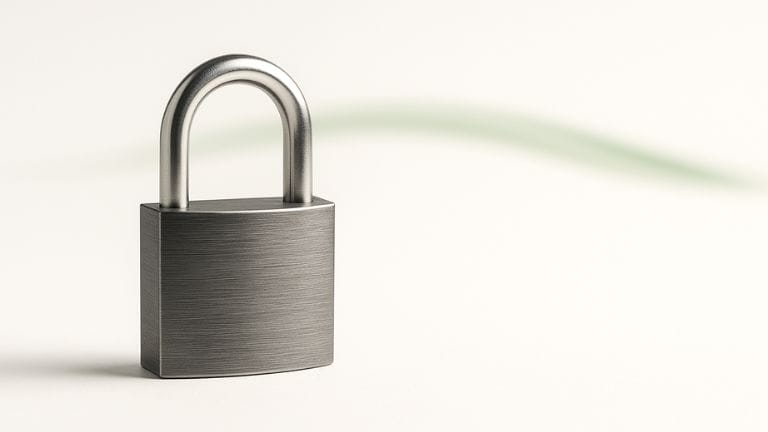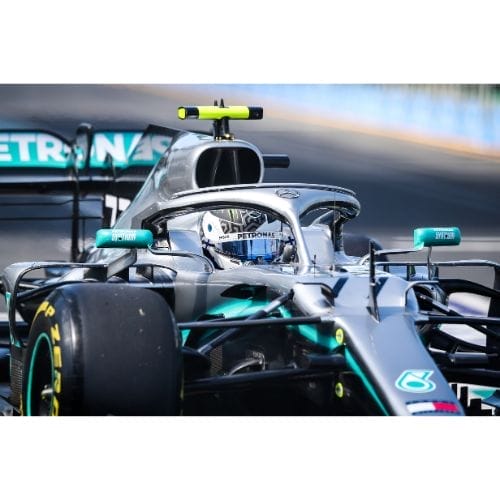The first gambling regulator in Irish history is slowly bringing in a raft of measures to protect consumers and reduce harmful gambling. One of these is a self-exclusion register, which is set to be up and running by the end of 2025.
Work on a self-exclusion register began as early as July 2024, with some sections unable to pass through the stages of the Oireachtas before the summer break. It was expected that once passed, work would begin on a phased basis. Since then, the Gambling Regulatory Authority of Ireland (GRAI) has been set up and taken over the implementation of this and several other key programmes.
Gambling Exclusion Registers Around the Globe
The GRAI came into force in March 2025, with the appointment of seven board members. Led by Paul Quinn, he has previously worked at Eircom. Added to this is Celine Craig, a former media commissioner and manager for Irish broadcasting. Others include professionals in health and safety, showing a commitment to gambling harm reduction.
There are many other countries that have introduced their own self-exclusion registers, often to great effect. Even in the United States, where only seven states allow online casinos, New Jersey has implemented a successful self-exclusion programme.
In the United Kingdom, GAMSTOP is the primary method for self-regulation. People who sign up are then excluded from using online bookmakers, casinos and related websites and apps for a specified time. The United Kingdom has also been fervent when dealing with those who infringe on this. A fine of £490,000 was handed to one operator last year who was sending push notifications to those on a GAMSTOP register.
The Netherland has the Centraal Register Uitsluiting Kansspelen (CRUKS). However, this has been criticised for being much more in-depth and thus complex. The worry is that it could drive people to play offshore at unregulated casinos.
Players must log on through DigiD, a Dutch ID system for services and government websites. They then generate a code, which can be used when signing up for online gambling sites. If the player’s code matches one on a self-exclusion registry, then they are not allowed to use the operator’s services.
New Licensing Requirements
Gambling in Ireland is experiencing a healthy boom period. The introduction of offers such as Irish free spins bonuses and matched deposits has attracted new players. Eager to see what operators are providing in terms of games, the level of competition has meant that many of the best companies are policing themselves. With third parties reviewing the best ones for players, safety is always an aspect considered.
The regulator has also been focusing on the implementation of its licensing scheme. This is where the vast majority of obligations for operators will come from, most likely the use of a self-exclusion scheme. Betting licenses will be open for applications by the end of the year, with online gaming set to be addressed in 2026. Charities and business-to-business licenses will be the final rollout in 2027.
The licensing process will be built around three sections. The first will be a corporate check, which will look at the key decision makers. This will be followed by a financial check, which highlights the viability and business plan. Lastly is a technical check which delves into the platform and how customer data is protected. Operators must pass all three to get a license.
Gambling Blocks on Bank Accounts Enabled
In further proof of how far the regulator is willing to go to protect consumers, it recently allowed the Bank of Ireland to create a gambling account block for its customers. This allows users to voluntarily restrict payments to gambling providers through their account, much like a self-exclusion scheme.
The Bank of Ireland has now joined a list of organisations providing gambling funds blocking. These also include Allied Banks, Revolut and EBS. It was done in consultation with the Irish Banking Culture Board and the Banking and Payments Federation Ireland (BPFI).
Banking blocks are now included on the regulator’s website alongside other methods to enhance responsible gambling. These include ad blockers for gambling and third-party gambling blocking software. It is seen as a precursor to the wider self-exclusion scheme, which is still a work in progress.
Another key indicator is the recent signing of a Memorandum of Understanding with the Gibraltar Gambling Commissioner. It is aimed at enhancing cross-border cooperation, so the GRAI can learn from an established Gambling Commission. It will allow for the sharing of information and joint supervision of operators between the two, especially over those that hold licenses in both countries. This follows a similar signing to one already achieved with the UK and Belgian gambling bodies. It was also added that Gibraltar had already played a part in helping to set up Irish legislation.
It seems like the GRAI is doing everything it can to make a fair system for players and operators. None of its decisions have come quickly, instead being discussed with already operating and successful gambling bodies. This can only signal success for such a new organisation, which will no doubt adapt and change as it grows.





